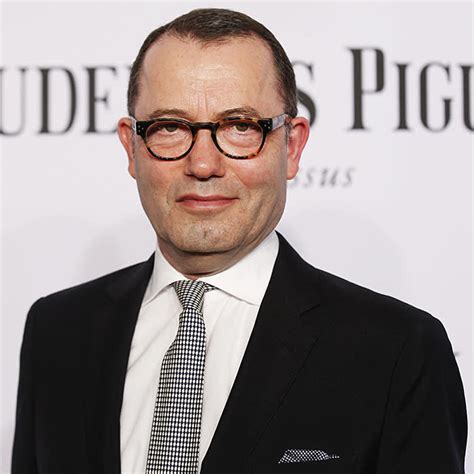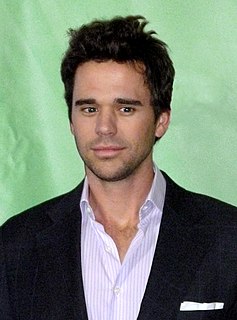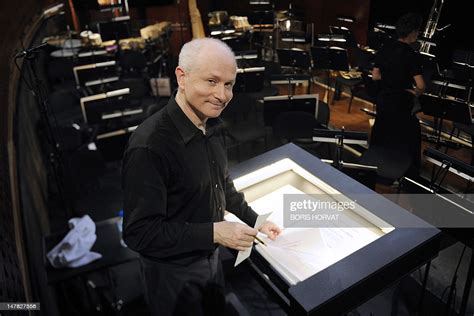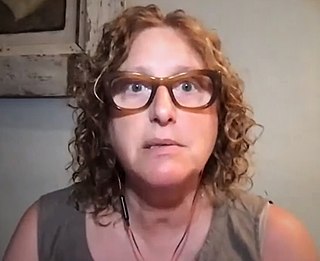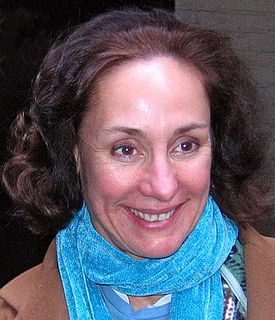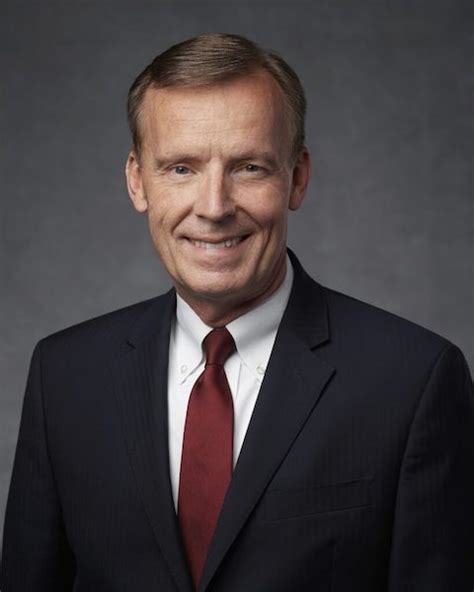A Quote by Robyn
Being onstage and communicating with an audience was part of my life since I was very little, but I was never pushed into singing.
Related Quotes
The most stressful and difficult part of steering a large movie is that you are taking on the responsibility of communicating with a very wide audience. You can't ever hide behind the notion of, 'Okay, they just don't get it,' or, 'Certain people just don't get it.' You have to be mindful of the size of your audience, and you have to communicate in a way that lets them in.

